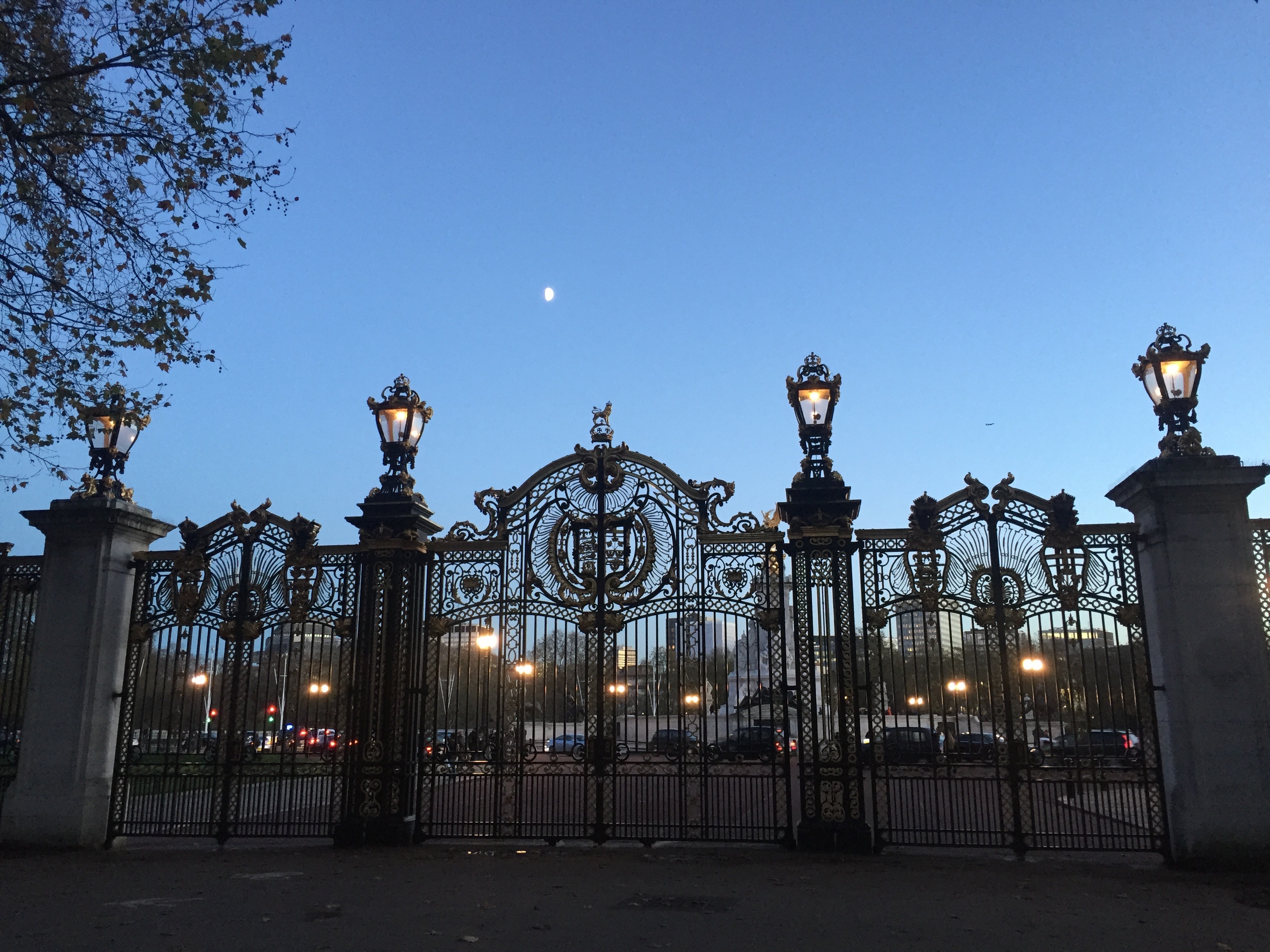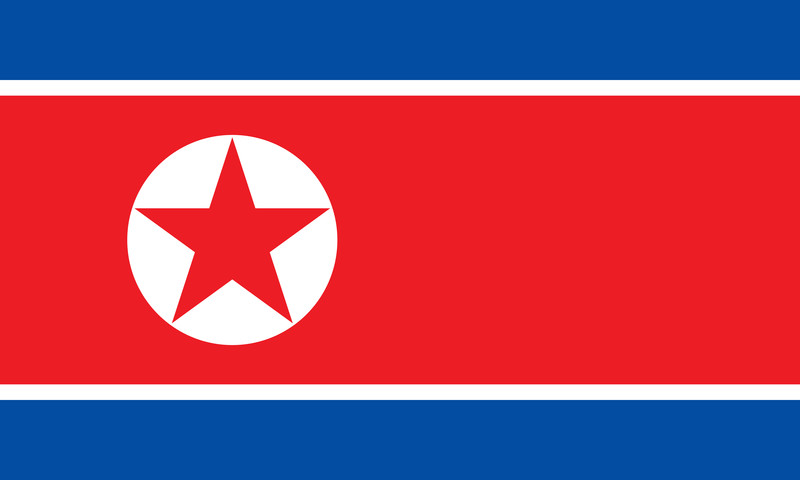To jaw-jaw is always better than to war-war.
– Winston Churchill
Prologue: The following view is expressed under the shadow of two imminent meetings scheduled at the White House, one for United Nations Security Council members and another for the entire U.S. Senate. The author expects POTUS has scheduled these highly unusual meetings to make the political case for the actions the U.S. will soon take to neutralize the North Korean missile threat, by political and/or military action.
_______________________________________________________
That veritable quote-machine named Winston Churchill had it right far more often than not. Then again, he never had to deal with a nuclear-armed, hereditary communist monarchy such as that found in present-day North Korea.
The points offered herein are based on a framework of specific assumptions, to include:
First, North Korea’s Supreme leader Kim Jong Un presents a serious threat to the international community and the U.S. in particular; but he is not crazy. Second, no U.S. administration can allow North Korea to develop an ICBM threat to North America; ever. Third, though the folly of Obama’s strategic patience strategy (known to most mortals as ‘kicking the can down the road’) is now fully exposed, the current conundrum flows from decades of poor policy from both Republican and Democrat administrations. And finally, this chicken has come home to roost; now.
To cut to the chase: The failure of ‘strategic patience’ leaves America today with no alternative but taking action in the near future. Unless of course one is prepared to accept living with the reality of deployed, North Korean ICBMs capable of hitting the continental U.S. And if one is prepared to live with that reality, then one must also understand it will take one and only one, high-altitude nuclear explosion to create the EMP that will revert the American Experiment back to the 1800s-era, in the blink of an eye. [China would presumably arrive to reassemble the pieces after famine and disease decimates our population].
However, if one is not prepared to live under that reality, the only relevant question remaining is what specific course of action is to be taken sooner rather than later i.e., action with or without China’s participation. The U.S. has many cards to play here.
The first ‘with China’ hand to play by the man who wrote The Art of the Deal, is the threat of tougher trade (and banking) restrictions on Beijing; beginning perhaps with targeted sanctions against Chinese companies doing business with North Korea.
This must be done while acknowledging that China is not North Korea’s puppet-master. Oft-mentioned is China’s legitimate fear of millions of North Korean refugees fleeing a war-torn country for sanctuary in China. Rarely mentioned but one cannot also help but wonder if China’s leaders don’t also fear the pet cobra they feed and support in Pyongyang. Might it not someday target its missiles on its erstwhile mentor should Kim Jong Un feel betrayed by Beijing?
The ‘without China’ hand to be played gives the U.S. more control of the game. Specific cards to be played include offering to Japan as we already have to South Korea, the U.S.-made Terminal High Altitude Area Defense (THAAD); an anti-ballistic missile system designed to shoot down short, medium, and intermediate ballistic missiles. Other cards include ‘updating’ our post-World War II agreements with Japan, increasing military-to-military support with Pacific Rim countries, etc.
Your author would also emphasize to our Japanese and South Korean allies that under no circumstances will the U.S. accept the existential threat of North Korean ICBMs. They must be made to understand that if war must come between America and North Korea, it will take place in northeast Asia, not the American homeland.
Of course, the Chinese will scream and bluster (the second most-important objective in our strategy). But we can afford to be politically generous here.
The U.S. can for example, state clearly and in advance the U.S. has no plans to, and will not support any attempts by, South Korea to unify the entire Korean peninsula [Contrary to their public posturing, few South Korean politicians want this outcome either]. We can formally pledge not to deploy any U.S. troops north of the 38th parallel. We can further pledge to ease off the sanctions on whatever ‘new management’ team Beijing may create in Pyongyang; even provide economic aid to that devastated country. These gestures–ratified by treaty if necessary–should go some distance to allay Chinese fears. And last but not least, backtracking on the sanctions in place against the aforementioned Chinese companies.
The Good News here is that the U.S. still retains options other than near-term war with North Korea. The Bad News here is that these options absolutely, positively, must be acted on now; they no longer include the farce of ‘strategic patience.’ The Ugly News is that the long-time successful blackmailer in Pyongyang may not understand the game is over.
 Col. Michael Haas, USAF, ret., served in numerous Army and Air Force Special Operations units during his dual-service career. His Pentagon tour included assignments to the Air Staff (Low Intensity Conflict specialist) and the Joint Chiefs of Staff (Current Intelligence Directorate). Hs published works include In the Devil’s Shadow: UN Special Operations during the Korean War. He is a graduate of the Naval Postgraduate School.
Col. Michael Haas, USAF, ret., served in numerous Army and Air Force Special Operations units during his dual-service career. His Pentagon tour included assignments to the Air Staff (Low Intensity Conflict specialist) and the Joint Chiefs of Staff (Current Intelligence Directorate). Hs published works include In the Devil’s Shadow: UN Special Operations during the Korean War. He is a graduate of the Naval Postgraduate School.


